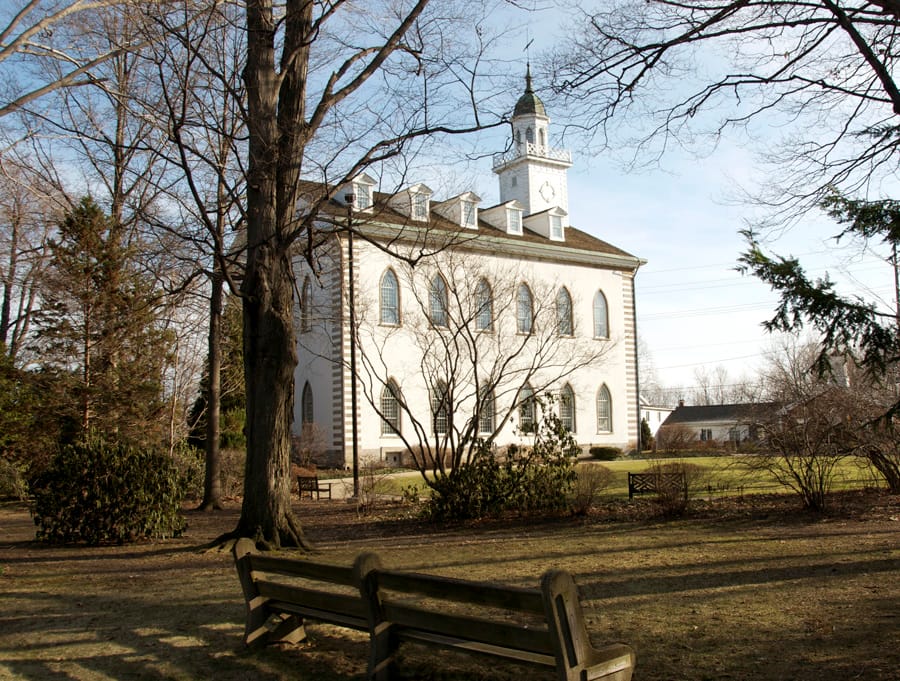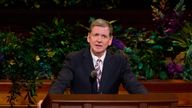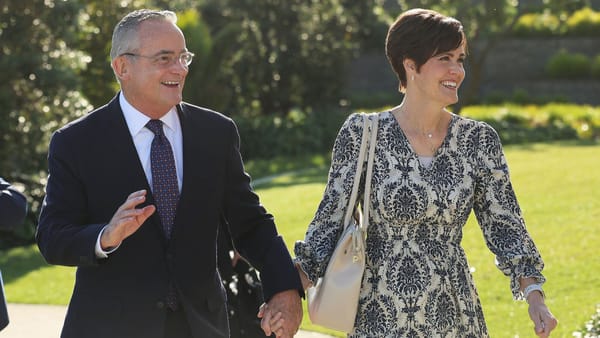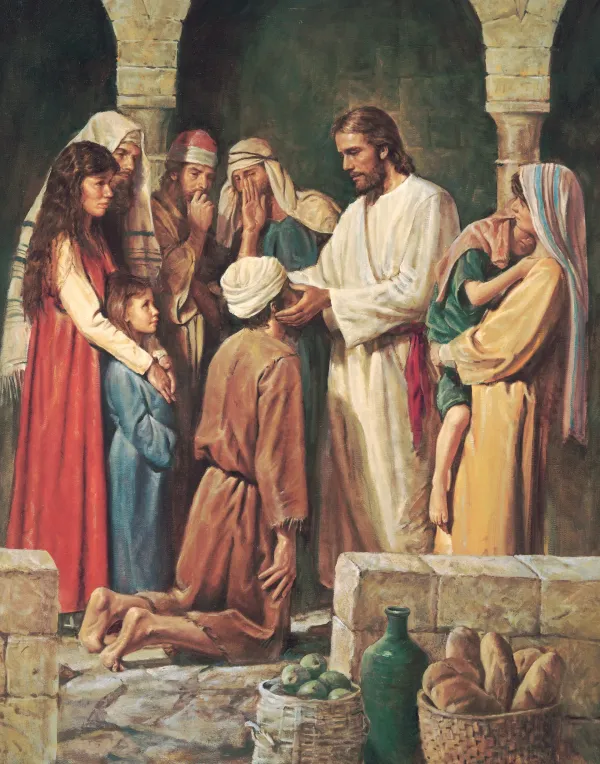10 August 2025
The Lord is merciful and our Heavenly Father’s plan of salvation is truly a plan of mercy.

Sacrament Meeting Program
Presiding: Bishop St. Felix
Conducting: Brother Mayo
Opening Hymn: CS 26 - Reverently, Quietly
Invocation: By Invitation
Ward Business
Sacrament Hymn: #169 - As Now We Take the Sacrament
Speaker: Colton Stoner
Speaker: Sabrina Moon
Intermediate Hymn: #1026 - Holy Places
Speaker: Jared Moon
Closing Hymn: #1029 - I Can't Count Them All
Benediction: By Invitation
Messages From General Conference
The Plan of Mercy
By James R. Rasband
Of the Seventy
A Prophet’s Invitation
Last April, soon after the joyful news that the Church had acquired the Kirtland Temple, President Russell M. Nelson invited us to study the dedicatory prayer of the Kirtland Temple, recorded in section 109 of the Doctrine and Covenants. The dedicatory prayer, said President Nelson, “is a tutorial about how the temple spiritually empowers you and me to meet the challenges of life in these last days.”
I am sure your study of section 109 yielded insights that blessed you. This evening, I share a couple of things I learned as I followed our prophet’s invitation. The peace-giving path down which my study led reminded me that the Lord is merciful and that our Heavenly Father’s plan of salvation is truly a plan of mercy.
Newly Called Missionaries Serving in the Temple
As you may be aware, “newly called missionaries are encouraged to receive the temple endowment as soon as possible and to attend the temple as often as circumstances allow.” Once endowed, they also “may serve as temple … workers before they begin missionary service.”
Time in the temple before entering the missionary training center (MTC) can be a wonderful blessing for new missionaries as they learn more about temple covenants before sharing the blessings of those covenants with the world.
But in studying section 109, I learned that in the temple, God empowers new missionaries—indeed, all of us—in an additional, sacred way. In the dedicatory prayer, given by revelation, the Prophet Joseph Smith prayed that “when thy servants shall go out from thy house … to bear testimony of thy name,” the “hearts” of “all people” would “be softened”—both the “great ones of the earth” and “all the poor, the needy, and [the] afflicted.” He prayed that “their prejudices may give way before the truth, and thy people may obtain favor in the sight of all; that all the ends of the earth may know that we, thy servants, have heard thy voice, and that thou hast sent us.”
This is a beautiful promise for a newly called missionary—to have prejudices “give way before the truth,” to “obtain favor in the sight of all,” and to have the world know they are sent by the Lord. Each of us surely needs these same blessings. What a blessing it would be to have hearts softened as we interact with neighbors and coworkers. The dedicatory prayer does not explain exactly how our time in the temple will soften others’ hearts, but I am convinced it is bound up with how time in the house of the Lord softens our own hearts by centering us on Jesus Christ and His mercy.
The Lord Answers Joseph Smith’s Plea for Mercy
As I studied the Kirtland dedicatory prayer, I was also struck that Joseph again and again pleaded for mercy—for the members of the Church, for the enemies of the Church, for the leaders of the country, for the nations of the earth. And, very personally, he pleaded with the Lord to remember him and to have mercy upon his beloved Emma and their children.
How must Joseph have felt when, one week later, on Easter Day, April 3, 1836, in the Kirtland Temple, the Savior appeared to him and Oliver Cowdery and, as recorded in section 110 of the Doctrine and Covenants, said, “I have accepted this house, and my name shall be here; and I will manifest myself to my people in mercy in this house.” This promise of mercy must have had special meaning to Joseph. And as President Nelson taught last April, this promise also “applies to every dedicated temple today.”





